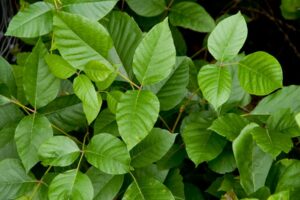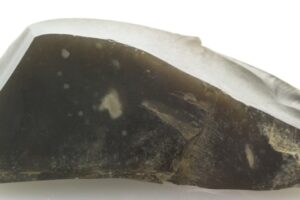
I Sniff At Homeopathy – Olfaction Dosing
Did you know that remedies can be taken by a quick sniff through the nostrils rather than just by mouth? It’s true.

Know your remedies: Rhus Toxicodendron (Rhus-t.)
Rhus-t relieves types of blisters, hives, rheumatism, cold sores, restlessness and joint stiffness and pain.

Homeopathy for Max’s ‘Gelsemium Flu’
Gelsemium was successfully used during the 1918 flu pandemic. Wondering if it can be used today? Here's Max's story.

Homeopathy Made Simple (Part 2): Treating ‘Family and Friend’ Ailments
With a handful of remedies and a little knowledge even a beginner can make a big difference to everyday health problems.

Homeopathy Made Simple (Part 1) – First Steps to First Aid
Homeopathy is easy to learn and easy to use. With just a handful of remedies even a beginner can make a big difference for everyday health problems.

Know Your Remedies: Argentum Nitricum (Arg-n.)
Argentum nitricum is one remedy to consider when emotional and digestive upsets dominate a case. The person will be prone to flatulence with loud belches and noisy diarrhoea.

Know Your Remedies: Silicea Terra (Sil.)
Homeopathic Silica suits those who lack physical and mental-emotional resilience. They are prone to anticipation anxiety and low self-confidence, and often feel chilly.

Know Your Remedies: Kalium Bichromicum (Kali-bi.)
Homeopathic Kalium bichromicum is a useful remedy for thick, gluey or ropy discharges. The person feels chilly, gloomy, and often complains of pains in 'small spots'.

Know Your Remedies: Chamomilla Matricaria (Cham.)
Those needing Chamomilla are abnormally sensitive to discomfort or pain: they respond with irritability and anger. Children cling and protest when put down.




